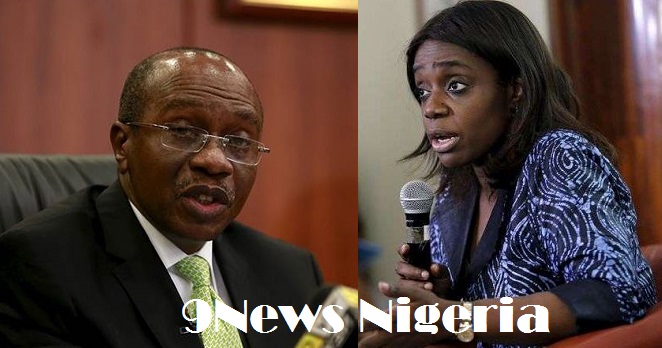
LAGOS, Sept 20 (Reuters) – Nigeria’s central bank kept its benchmark interest rate at 14 percent on Tuesday, resisting a call from the country’s finance minister to lower borrowing costs.
Africa’s largest economy is going through its first recession in more than 20 years, brought on by low oil prices, and inflation accelerated to an 11-year high of 17.6 percent in August. The naira has traded at a record low of 425 to the dollar on the parallel market since last week.
Finance Minister Kemi Adeosun said on Monday the central bank should lower interest rates so that the government can borrow domestically to boost the economy.
But after raising the benchmark interest rate by 200 basis points to 14 percent when it last met in July, the monetary policy committee decided to leave borrowing costs unchanged.
Central bank governor Godwin Emefiele said the MPC had considered calls for a rate cut but concluded that the biggest challenges the economy faces were “unsystematic and incomplete structural reforms” which raised “cost, risk and uncertainty”.
Economists polled by Reuters last week predicted that the central bank would keep its benchmark interest rate at 14 percent and reiterate its focus on resuscitating growth.
“The Central Bank of Nigeria disappointed our expectation for further gradual interest rate tightening,” Razia Khan, Chief Economist Africa at Standard Chartered Bank, said in an email.
“While the MPC resisted giving in to political pressure to cut interest rates, and positive real market interest rates provide an important mitigant to the lack of further policy tightening, nonetheless, we expect markets to be disappointed with this outcome.” (Reporting by Ulf Laessing, Alexis Akwaqyiram, Chijioke Ohuocha and Oludare Mayowa; Editing by Catherine Evans)